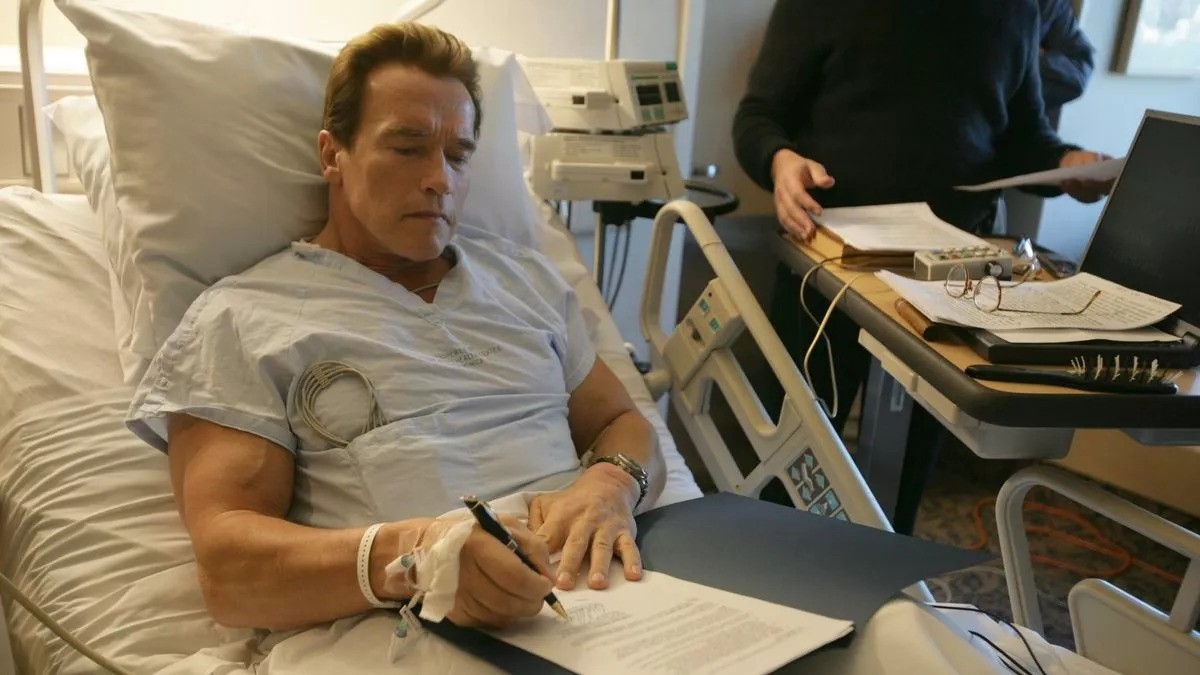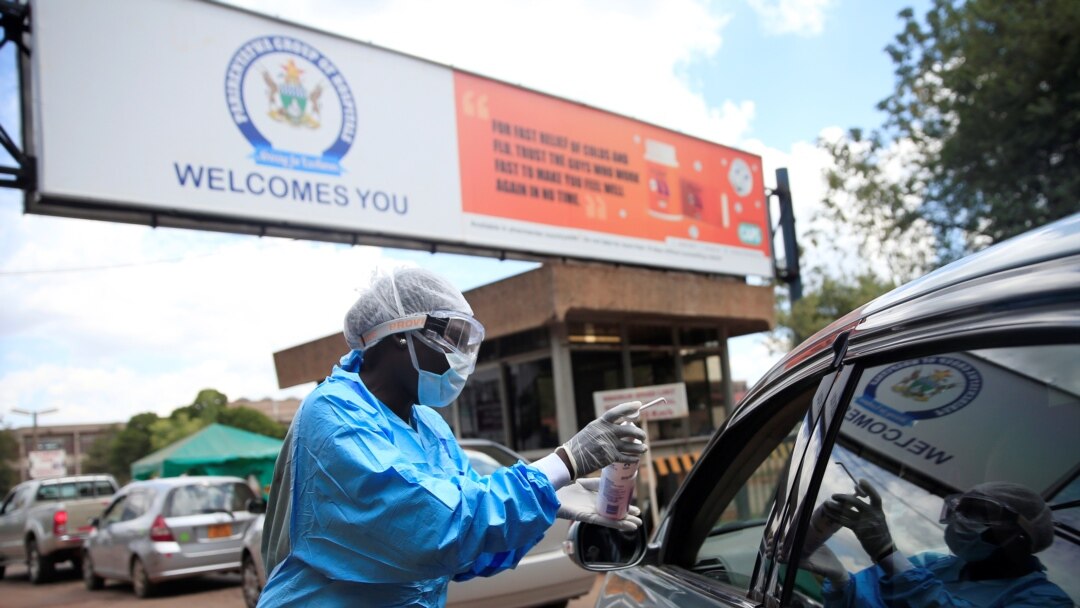In the absence of funding for proper monitoring of HIV positive patients, which would cost over $22 million annually, the government has pledged to adopt cheaper strategies that will ensure that patients are monitored regularly.
By Phyllis Mbanje
While it is critical to monitor the viral load for HIV patients according to 2013 guidelines from the World Health Organisation (WHO), Zimbabwe has no resources to carry out the process which would run into millions every year.
A viral load test is a lab test that measures the number of HIV virus particles in a milliliter of the blood. These particles are called “copies”.
A viral load test helps provide information on one’s health status and how well antiretroviral therapy (ART – treatment with HIV medicines) is controlling the virus.
The director in the health ministry’s department of Aids and TB Owen Mugurungi said they have had to resort to other alternatives as the government had no funding for the tests which according to the WHO guidelines are supposed to be taken once every year.
“Whilst it is desirable to carry out viral load test and monitor, the government has no money for the 750 000 patients on ART,” he said.
“So what we are trying to do is to monitor the patients longer but we cannot do it all at once, we will start say with those who have been on treatment for five years,” he said.
Viral load checks are still expensive costing between $20 and $30 for each of the 750 000 patients which would work out to more than $22 million. In developed nations they cost half that amount making it accessible to everyone who needs the services.
Currently 1,4 million people are living with HIV and Aids and of that number 1, 2 are in need of treatment. Initiation of antiretroviral therapy at a CD4 count below 500 cells/mm3 means more people would require drugs.
“We still have about 350 000 more who qualify for treatment but are not getting it yet.
“If the money is there it would rather go towards providing treatment for those who need it.”
Recently the Health minister David Parirenyatwa decried the little resources that are channeled towards the sector. In 2015 the health ministry only received $337 million after requesting $700 million.






